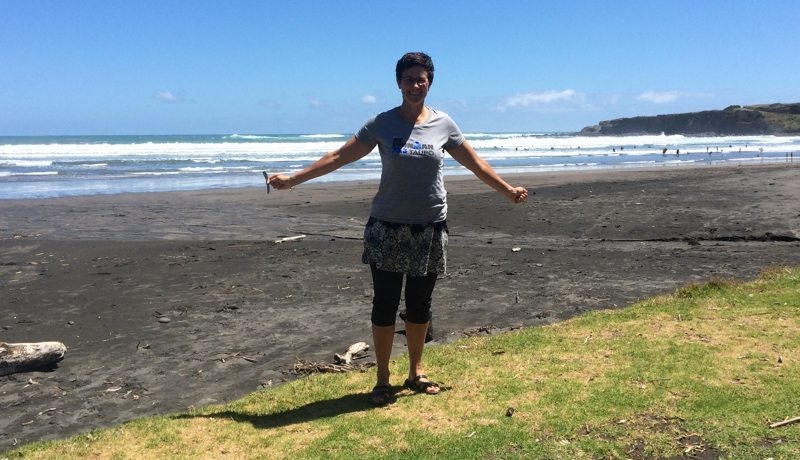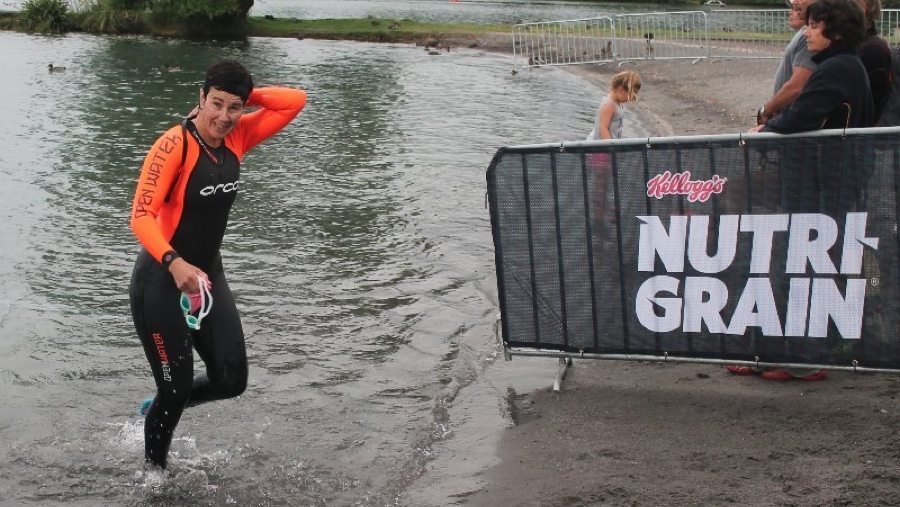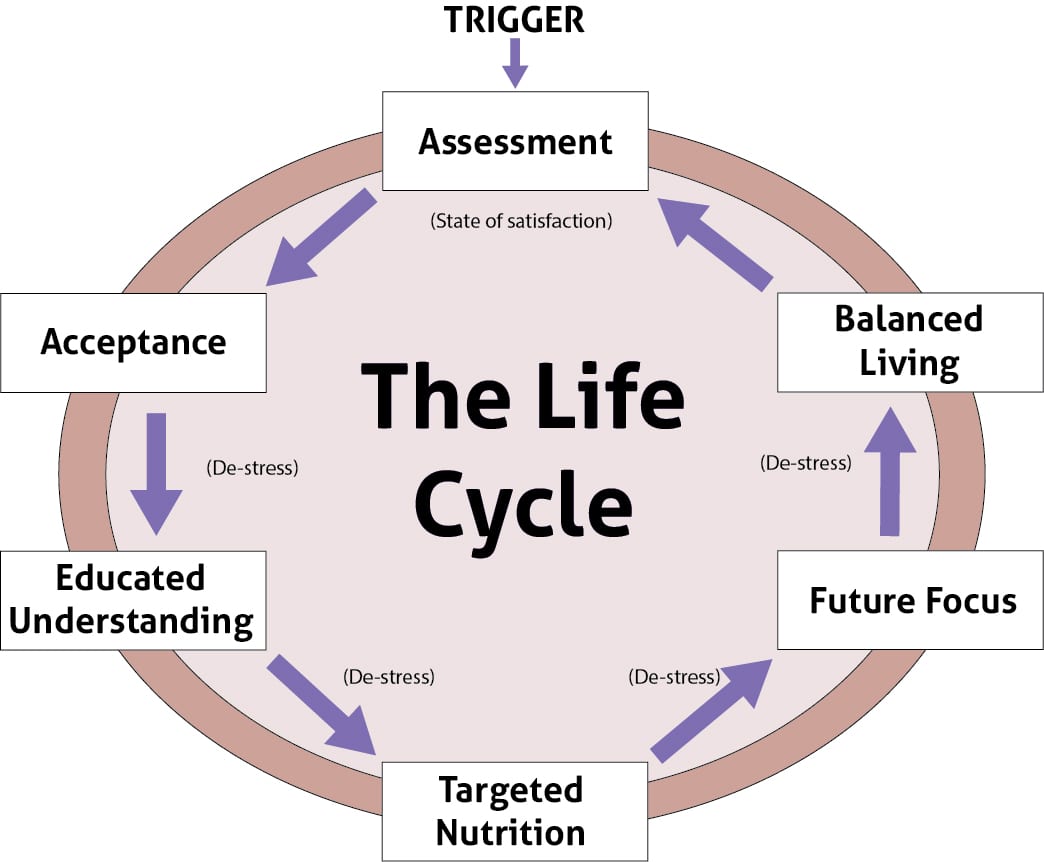Deanne’s Personal Story Of Athletic Training, Menopause & Weight Gain

While I write this, I’m concerned about menopausal weight gain. Even though I’m 47 years old and have just completed my first half Ironman. And four months prior I did my second marathon.
As a result, I’m now training to take part in the xStream Huka swim in New Zealand in a few weeks and another half marathon after that. The point is, I feel like I’m in my prime.

Competing in Taupo Ironman 70.3 swim leg
As I see it, I’ve got myself into a great routine with what I considered a good wholesome diet. As well as interesting goals and lots of exercise. And I’m loving it!
Because I’m training six days a week (with three of those days containing two sessions) I feel invincible to weight gain. But as the training got more intense my appetite increased. I wouldn’t say my diet is clean or perfect but it’s certainly not out of control.
So, I’m befuddled as to why it is that with all this fitness training do I feel like I’m putting on weight. The truth is, I thought I had it all under control. Over the last six months during some of the most intense training I’ve ever done, I’ve watched my waistline expand. How could this happen?
It has to be menopause related!
I’m already aware I’m well into perimenopause. The main sign was sleeplessness which started over two years ago. I nipped that in the bud by taking 40+, but this weight gain is another challenge altogether.
So despite being disappointed at not being able to maintain the ‘belly’ I used to have I’ve started the process of trying to ‘accept’ it and not let it get out of control. Indeed, this concept is illustrated in the following blog – Minimising Menopausal weight gain.

But accepting is easier said than done. I consider myself an athlete and to develop some flab around my midriff does not fit with my self-imposed profile. In fact, I feel a little embarrassed.
I find myself tempted to go on a diet. But I remind myself that a diet is not the answer. And I refuse to be a ‘slave to the scales’ and to starve my body and go on a diet for short-term gain. So I need a healthy long-term solution.

Competing in Taupo Ironman 70.3 run leg
Even though I haven’t been feeling happy with the fat around my midriff I’m happy to learn that it is my ‘friend’ as I approach menopause.
As Leigh Kite pointed out in her article Menopausal weight gain – it’s real, it’s necessary, it’s stubborn! – “The weight gain we hate is actually good for us. Our fat cells have an important job – to manufacture estrogen and balance our bodies during the transition.”
OMG – this is healthy weight gain!
Conclusion
Although I’m mindful of not letting this weight gain get out of control. I’m happy I feel healthy, fit and energetic and can do these crazy events I keep entering!
When I look at my life I realise I already have a healthy long-term solution in place. In fact acceptance is the real challenge and the step I need to master. Accept where I am at because where I am at is not as bad as I think.






